Introduction
Facing the possibility of gynecological surgery in Palam can be overwhelming, especially when the consequences involve your long-term health and well-being. But what if you could walk into that consultation room with the right questions that could make all the difference in your treatment plan and recovery from gynecological surgery in Palam?
In this guide, we break down the 10 most crucial questions every woman should ask before saying ‘yes’ to gynecological surgery in Palam, ensuring you’re fully informed and confident in your healthcare decisions.

Gynecological surgery is a significant and often life-altering decision that requires careful consideration and preparation. Whether it’s a hysterectomy, laparoscopy, or myomectomy, the impact of such procedures on your health, fertility, and overall well-being is profound. If you are considering gynecological surgery in Palam, it is crucial to be well-informed. Asking the right questions can help you make the best decisions for your health, ensuring that you are fully prepared and confident in the care you receive.
This guide provides ten essential questions to ask before opting for gynecological surgery in Palam, helping you navigate the process with clarity and confidence.
Understanding Your Condition while Choosing Gynecological Surgery in Palam
What is the exact nature of my condition while choosing gynecological surgery in Palam?
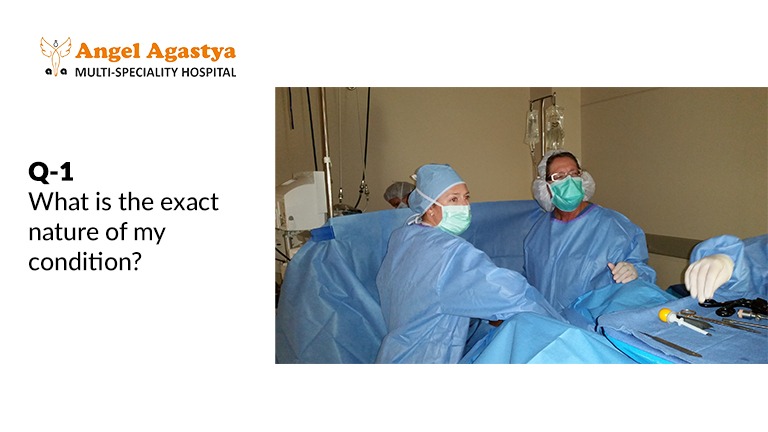
Understanding your diagnosis is the first step toward making an informed decision about your treatment. It’s important to ask your gynecologist to explain your condition in detail, including the severity, potential complications, and how it affects your overall health. For instance, if you’re diagnosed with uterine fibroids, you should know whether they are causing symptoms like heavy bleeding or pelvic pain, and how they might impact your fertility. Understanding your condition while choosing gynecological surgery in Palam fully will allow you to evaluate the pros and cons of different treatment options, including surgery.
Are there non-surgical treatment options available?

Surgery is not always the only or best solution for gynecological conditions. Before deciding on surgery, explore all available non-surgical treatments. Ask your doctor about medications, lifestyle changes, or less invasive procedures that might effectively manage or treat your condition. For example, hormonal therapies or minimally invasive procedures like uterine artery embolization may be alternatives to surgery for conditions like fibroids or endometriosis. Understanding these options helps you avoid unnecessary gynecological surgery in Palam and ensures that all possible options are considered.
Evaluating the Surgical Procedure
What does the surgery involve?
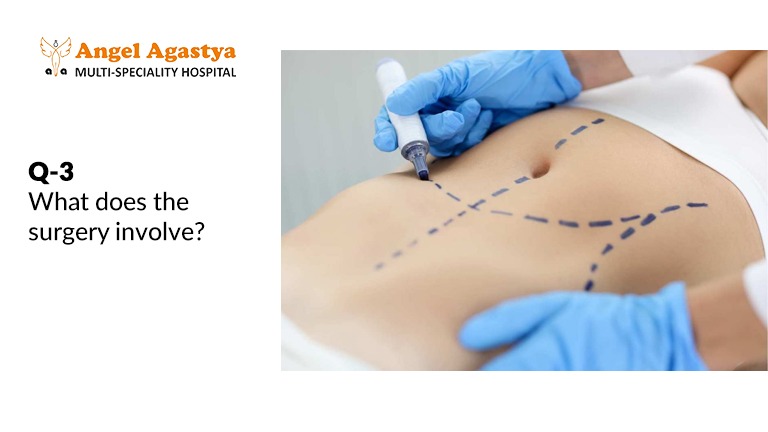
It’s crucial to have a clear understanding of what gynecological surgery in Palam involves. Ask your surgeon to explain the procedure step by step, including how it will be performed, what tools or techniques will be used, and what you can expect during the surgery. For example, if you are considering a laparoscopic hysterectomy, you should know how it differs from an open hysterectomy, the benefits of a minimally invasive approach, and what to expect during recovery. Understanding the procedure will help you prepare mentally and physically, reducing anxiety and increasing confidence in your decision.
What are the risks and complications associated with this surgery?
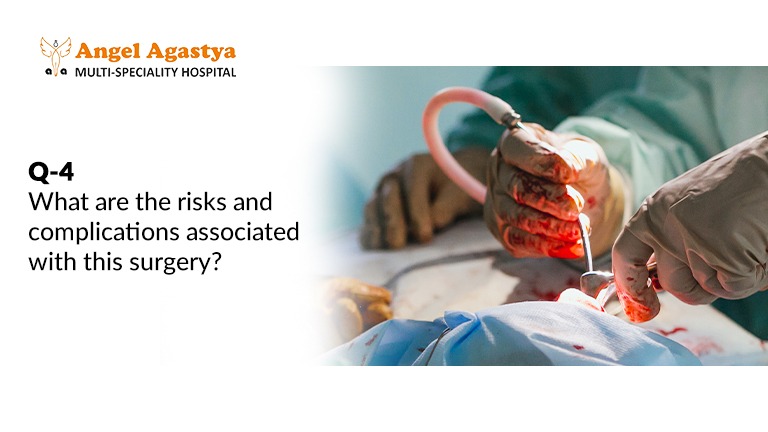
Every surgery carries risks, and it’s important to understand what they are before deciding on gynecological surgery in Palam. Ask about the potential complications, such as infections, bleeding, or damage to surrounding organs. Your surgeon should also discuss the likelihood of these risks and how they will be managed. For example, if you’re considering a myomectomy for fibroid removal, ask about the risk of recurrence or the possibility of requiring additional surgery in the future. Understanding the risks allows you to make a more informed decision and prepare for any potential complications while choosing gynecological surgery in Palam.
What is the expected recovery time?

Recovery time is a critical factor to consider when planning for surgery. Ask your surgeon about the typical recovery period, including how long you will need to stay in the hospital, what kind of post-operative care you will require, and when you can expect to resume normal activities. For example, recovery from a laparoscopic procedure may be shorter and less painful than recovery from an open surgery. Knowing the expected recovery time will help you plan your schedule, arrange for help at home, and set realistic expectations for your post-surgery experience.
Surgeon and Hospital Considerations
What are the surgeon’s qualifications and experience?
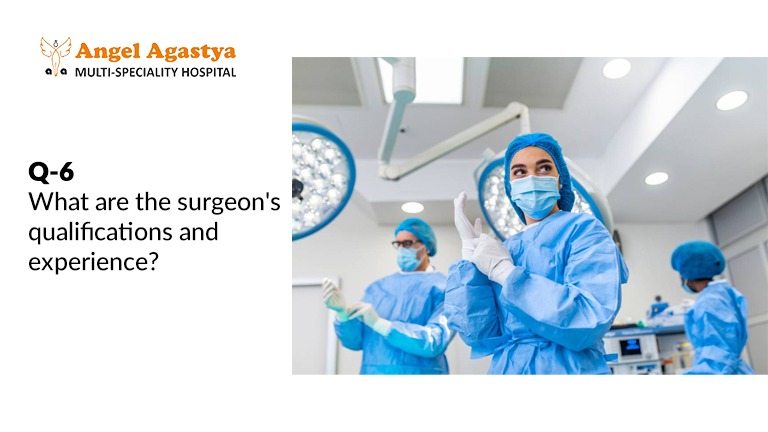
The expertise of your surgeon plays a significant role in the success of your surgery. Ask about your surgeon’s qualifications, including their education, board certifications, and years of experience performing the specific type of surgery you need. For example, if you’re considering a complex procedure like a hysterectomy, it’s important to choose a surgeon who has extensive experience and a high success rate with this surgery. Inquire about the surgeon’s experience with similar cases and their approach to patient care. Choosing a qualified and experienced surgeon can greatly increase the likelihood of a successful outcome and a smooth recovery.
How many similar cases has the surgeon handled?
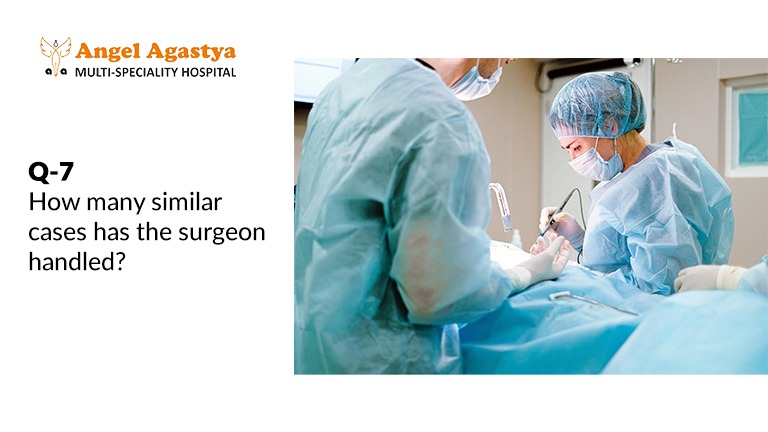
Experience matters when it comes to surgery. A surgeon who has performed a high number of similar procedures is likely to have refined their skills, leading to better outcomes and fewer complications. Ask your surgeon about their experience with the specific surgery you are considering, including how many times they have performed it and their success rate. For example, if you’re undergoing a myomectomy, ask how many similar surgeries they perform annually and what their complication rates are. Knowing your surgeon’s level of experience can provide peace of mind and confidence in their ability to perform the procedure successfully.
What is the hospital’s reputation and success rate with this surgery?

The hospital where your surgery is performed is just as important as the surgeon. Research the hospital’s reputation, including its success rates for gynecological surgeries, patient satisfaction scores, and any available quality indicators. Ask your surgeon about the hospital’s facilities, staff, and resources, and how they contribute to positive surgical outcomes. For instance, a hospital with a dedicated women’s health center may offer more specialized care and better outcomes for
Long-Term Outcomes and Considerations
How will this surgery affect my fertility or hormonal balance?

For women of childbearing age, understanding the impact of surgery on fertility is crucial. Some gynecological surgeries, such as hysterectomy or removal of the ovaries, can have significant effects on fertility and hormonal balance. Ask your surgeon about these potential impacts, especially if you plan to have children in the future. Discuss whether fertility-preserving options are available, such as ovarian-sparing surgery or egg freezing, and what the long-term hormonal effects might be. Understanding these factors will help you make an informed decision that aligns with your reproductive goals and overall health.
What are the long-term health outcomes of this surgery?
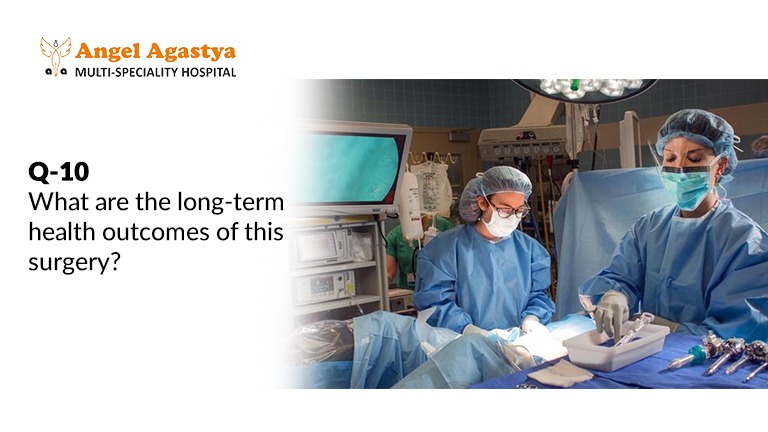
Gynecological surgery can have lasting effects on your health, both positive and negative. Ask your surgeon about the long-term outcomes of the surgery, including any potential chronic pain, changes in sexual function, or the need for future procedures. For example, while a hysterectomy may relieve symptoms of fibroids or endometriosis, it may also lead to early menopause and other long-term health changes. Understanding the long-term implications of the surgery will help you prepare for life after surgery and ensure that you are making the best decision for your long-term health.
Conclusion
Choosing gynecological surgery in Palam is a major decision that requires careful consideration and thorough preparation. By asking these ten essential questions, you can ensure that you are making an informed choice that is right for your health and well-being. Remember that your health is a priority, and seeking expert guidance from a qualified gynecologist in Palam is essential for achieving the best possible outcomes.
Whether you’re considering surgery for a specific condition or exploring your treatment options, it’s important to take the time to gather all the necessary information and make a decision that you feel confident about. The answers to these questions will provide you with the knowledge and insight you need to make the best choice for your health.
If you are considering gynecological surgery in Palam, schedule a consultation with a qualified gynecologist to discuss your options and get personalized advice. Your health is important, and making an informed decision is the first step toward a successful outcome. Contact a trusted healthcare provider in Palam today to learn more about your options and take control of your health.

